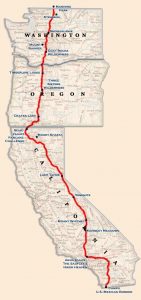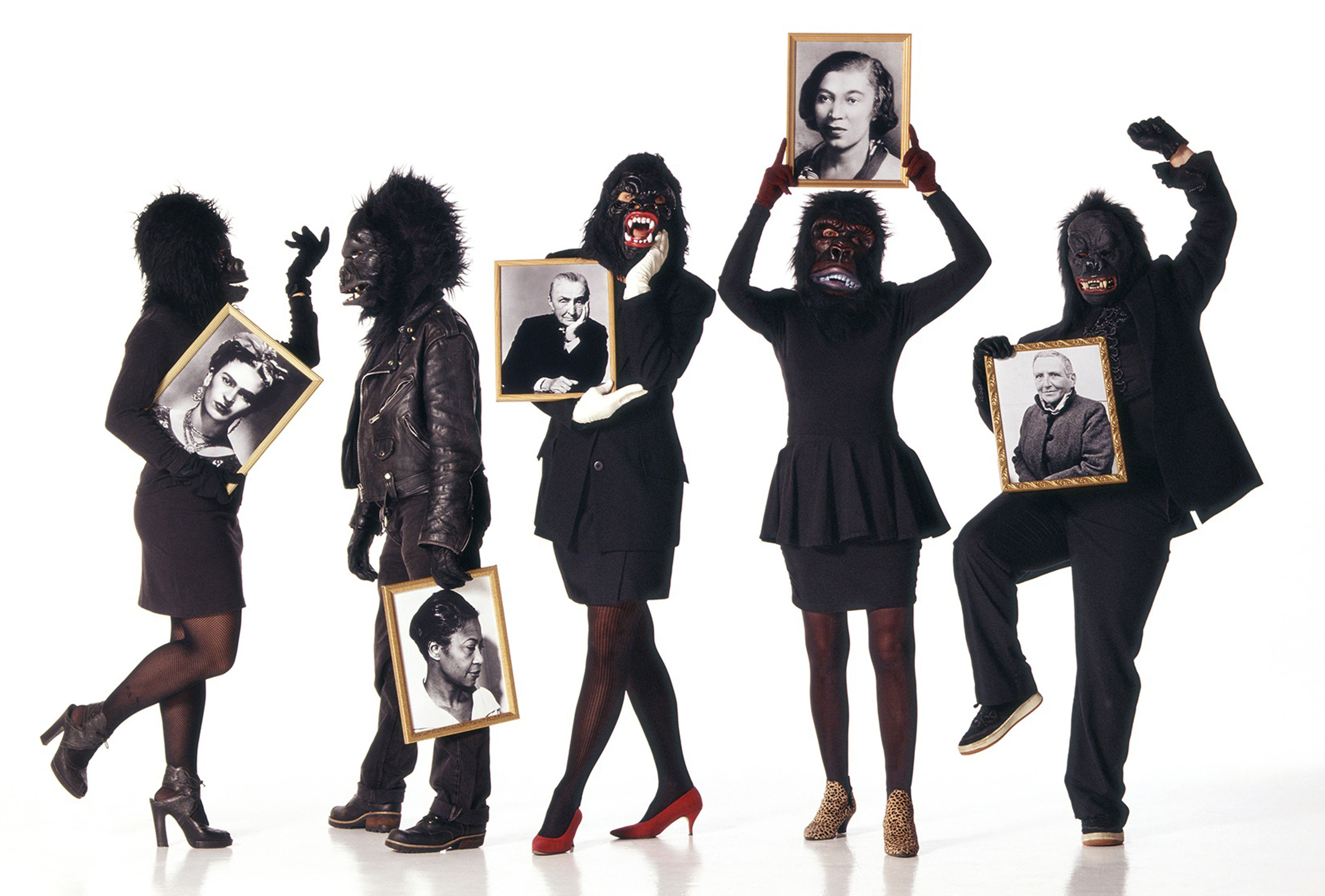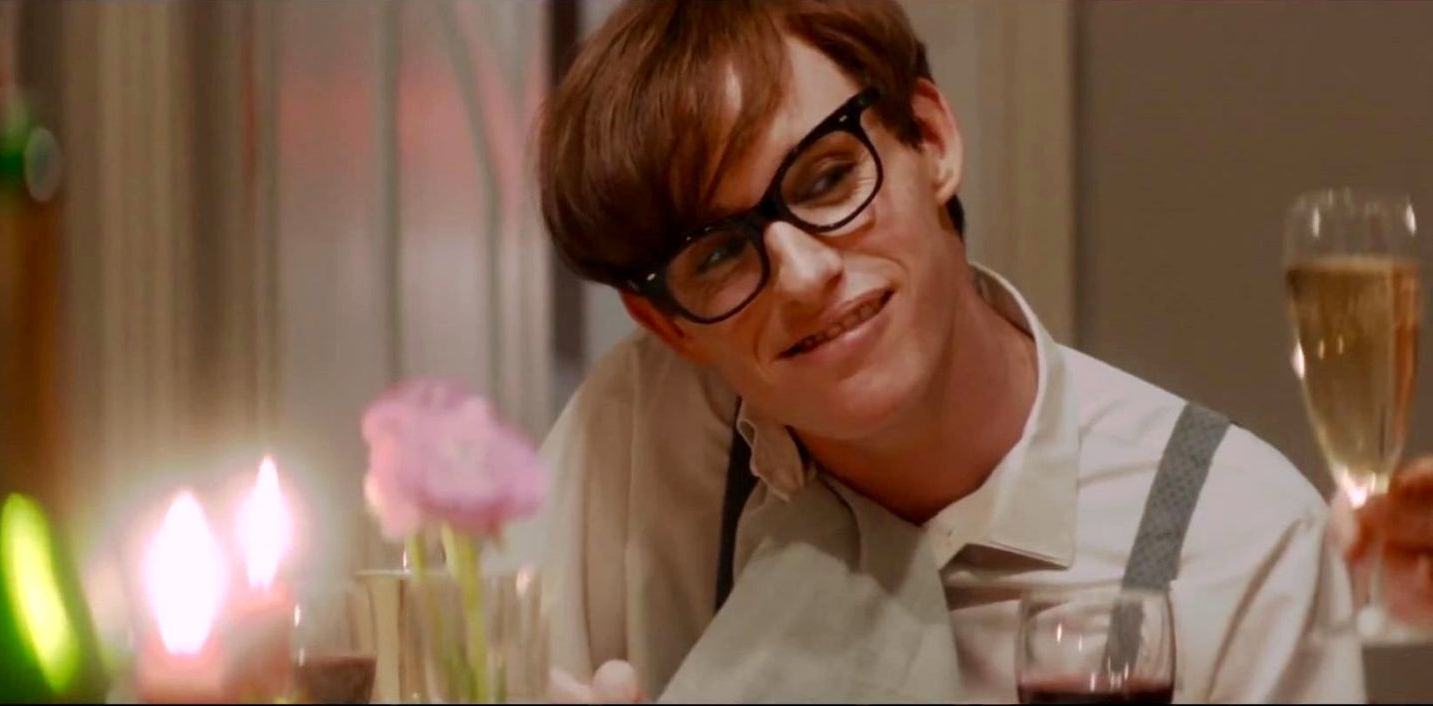By Rory Hibbler
“What are men to rocks and mountains?” questioned Jane Austen in her famous novel “Pride and Prejudice.” Reese Witherspoon must have interpreted this quite literally when she played Cheryl Strayed in the autobiographical movie “Wild.” In the film, Strayed is a hot mess of woman- she’s undergone divorce, abortion, heroin-addiction, and her mother’s death. In order to put these traumas behind her, she decides to backpack a large portion of the Pacific Crest Trail (PCT)- a 2,600 mile hiking trail from Mexico to Canada stretching through California, Oregon, and Washington.

One of “Wild’s” major themes is Cheryl’s empowerment on the PCT. She overcomes not only the wilderness, but sexism during her several month-long hike. The movie took place in 1995, and there was still a stigma about a woman traveling completely alone. At several points in the film Strayed received raised eyebrows and skeptic looks from outsiders, fellow hikers, and personal friends for her decision to hike solo. The film creates an interesting dynamic between strong women standing up and society pushing them back down.
There were pushbacks to this empowerment though, and they can be seen in some of Strayed’s encounters on the trail. At the beginning of the hike, Strayed ate dinner with a farmer and his wife in Southern California. The man was dumfounded at Strayed’s decision to hike over 1,000 miles alone. He asked her what her husband thought of it and he jokingly told his wife not to “get any ideas”. While he seemed to be teasing the women, the underlying context shows that in the 1990s there was still some understanding that women were subservient to their husbands.
Strayed’s backstory further highlights this tension. She grew up with an abusive father and a mother torn between her dependence on the man that beats her and the wish for her children to have a better life. Her mother continued to fall back into the home of an abusive man for much of Strayed’s youth until one day she stood up and left him for good. During Strayed’s childhood in the 1970s, America was experiencing one of its greatest increases in the divorce rate. The taboo of a woman leaving her husband was lifted and the divorce rate soared from 9.2 per 1000 marriages to 22.6 per 1000. This is partially due to the no-fault divorce laws that were passed in states like California. Strayed and her mother also both decided to pursue college diplomas. In the 1980s women reached new heights in education. They gained an 8 percent lead in college-degree recipients over males. Women were gaining the empowerment they needed to create a better situation for themselves.
At another point in the movie Strayed ran into two male hunters who were slightly drunk and very obnoxious. They looked at her like a piece of meat rather than a fellow human being. They made sexual comments towards her that made her feel uncomfortable. When she pushed away their advances they tried to excuse their behavior by saying “they were just being nice.” Many women are probably familiar with write-offs like these as men attempt to cover up obviously sexist comments. It was as if she should be thankful that these two strange, creepy men were admiring her sweatpants in the middle of the woods.
So why is sexism so prevalent in “Wild”? Why do these pushbacks to empowerment exist? The film takes place two decades after the push of second-wave feminism. This movement strived to bring equality to all aspects of women’s lives, including the schools and the doctor’s office. Title IX was passed in 1972 and prevented any school which received federal funding from discriminating on the basis of sex. The U.S. Supreme Court decided Roe v. Wade in 1973. This decision said that a woman has a constitutional right to have an early-term abortion and outlawed overly-broad state abortion bans. Some thought that women began to see the backlash for these gains in the 1990s. Susan Faludi tried to answer the question of sexism in her famous manifesto “Backlash: The Undeclared War Against American Women.” In it she labeled the 1990s as a time of repercussions against women thanks to the groundbreaking movements of the 1970s and early 1980s. She warns women “you may be free and equal now…but you have never been more miserable.”
There is some truth in this. Women gained so many rights that they had to face society’s counterattack. A decade prior to Strayed’s hike, a Newsweek article recklessly claimed a 40-year-old woman was more likely to be killed by a terrorist than to marry. A 1987 New York Times article praised men in America for avoiding the “entrapment” of nuptials while psychology books began telling women that loneliness is a psychological disorder. Women were suddenly facing a media-ignited double standard. Faludi proves that all these “statistics” are completely fabricated in her book, but that couldn’t prevent some of the populace from accepting that equality is suddenly a bad idea.

“Wild” represents the stresses between society and feminism. Second-wave feminism was transitioning into a third-wave. Young women were suddenly differentiating themselves from men via high heels and low cut necklines. Similarly, Strayed was desexualizing herself by not wearing makeup and living in the woods for weeks at a time but still embracing her femininity by putting on red lipstick and her favorite shirt for a date. She was balancing the divide that the transitional feminists created between embracing womanhood and attempting to mask differences concerning men and women. The backlash against the women’s movement created tensions between those pushing for change and those reminiscing back to the glory days of the nuclear family. Mirroring this friction, Strayed decided to lead a non-traditional lifestyle in the woods for a quarter of a year rather than remarry and raise a family with a white-picket fence. “Wild” represents the often-unnoticed social tensions occurring in the 1990s and Cheryl Strayed provides the perfect example of the empowered woman during this time period.


